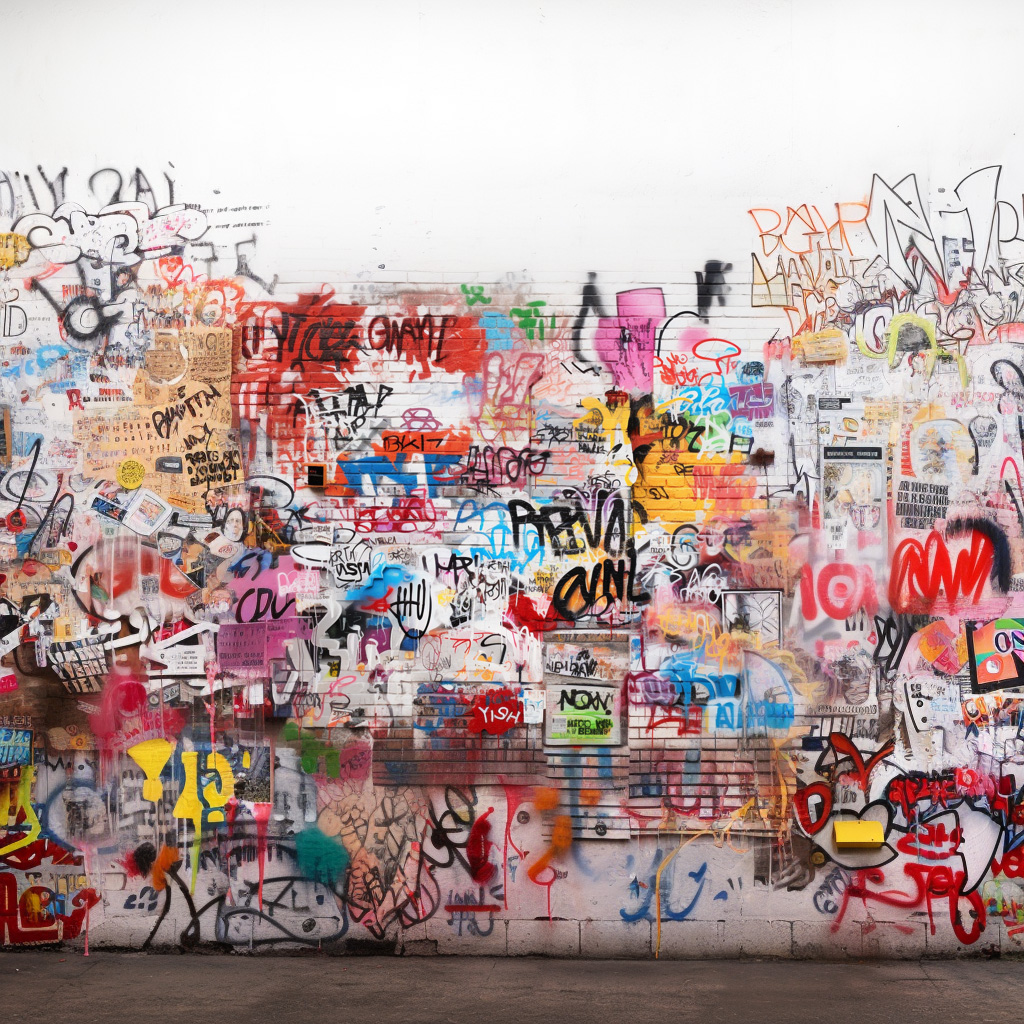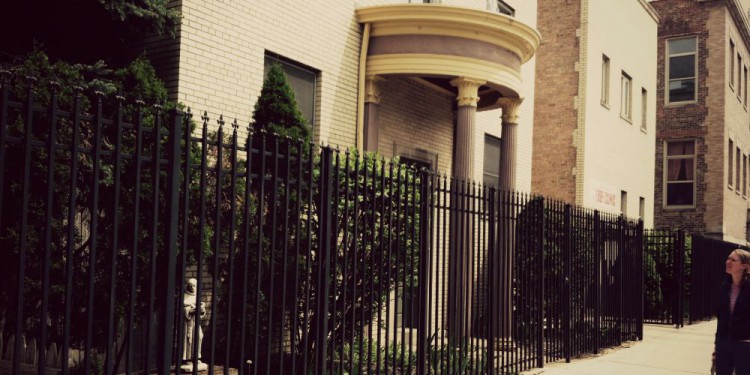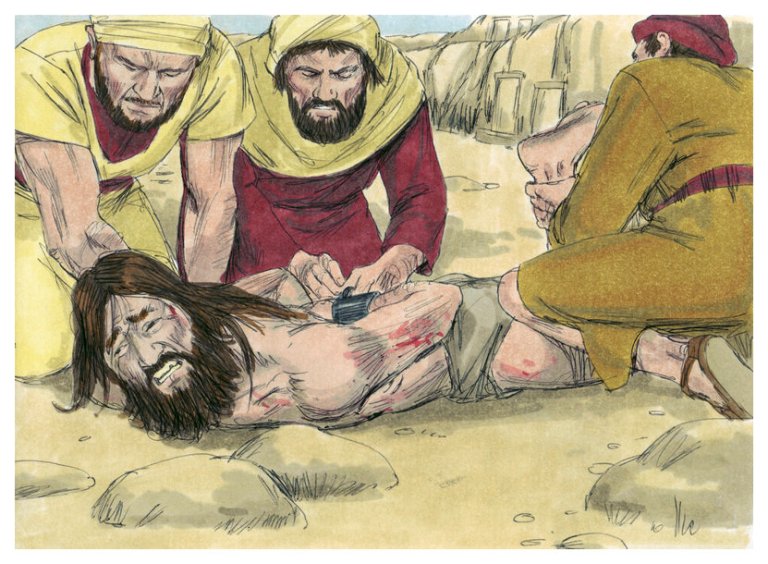Finding common ground in the din of debate
Debate divides this nation, and democracy is in disarray.
On one hand, we enjoy light, good-natured disagreements:
— Is the dress blue and black or white and gold?

— Do you hear Yanny or Laurel?
And then, there are the more serious debates; the ones that could be causing our civility to crumble.
The latest is emotional, intense: were the high school students recently filmed in DC being racist and mocking Native Americans? Or, were they just caught up in a complex situation?
As I observe the debate and consider how our government is failing to serve the common good right now, I have noticed I am not compelled pick a side; to make a public statement condemning anyone.
Why am I reluctant to stand up for peace and justice? Am I afraid of something, like offending a partner in ministry or someone I care about? Am I undecided about what’s right and wrong? Am I refusing to stand with the oppressed and marginalized?
I have been praying with these questions because I want to be a courageous disciple; I want share Christ’s light and love. And, I think that’s why the answer — that my opinions or outcry will not contribute any peace or unity — has come to me in prayer. It will only add to the din. The last thing our society needs right now is more din and debate. It is time for us to listen to another, to dialogue, to discover our common ground and work toward rebuilding a society full of peace and justice. The kingdom of God that Jesus established, the building of which is our Christian mission.
Certainly it’s valuable for me to evaluate my hidden prejudices — to attend to the ways that judgement can influence how I understand or react to situations. We all need to do this; it’s part of growing in health and holiness.
Even more importantly, though, is the call to increase the compassion and mercy offered to others, no matter who they are. Teenagers, Native Americans, republicans, democrats, African Americans or people who look and think like us — everyone deserves compassion and mercy.
I’ve learned how to get in touch with my own darkness, with my own ability to get involved in complex social sins. I do this by trying to see myself in others — even those who are clearly different than me. In other words, I try to imagine the story of how my life might have led me to behaving badly. I could have ended up a white supremacist if I would have felt desperate and allowed myself to become convinced by the propaganda I was exposed to as a youth growing up in rural America. I could have become involved in crime; in drugs and other addictions. I could have perpetuated violence and oppression upon others. I could have flaunted my privileges in ugly ways. I can imagine the narratives, the ways my life could have gotten me into trouble. I am no better than anyone else. We are all capable of evil.
Even though my life has gone in different directions (fortunately!), I still carry the potential to give into the temptations, to succumb to the darkness. Most of us do. And freedom is found in allowing ourselves see the truth of who we are; the truth of how desperately we need God’s grace, mercy and guidance. Only with God’s help can we grow in holiness and be peacemakers. This is the light we are called to offer.

When it comes to the complexity of sin and the din of debate, I believe the only way forward into God’s reign is to increase compassion and decrease judgement. Sharing this light will increase unity and peace.
Let us set down the stones and stop condemning one another.
Early in the morning he arrived again in the temple area, and all the people started coming to him, and he sat down and taught them. Then the scribes and the Pharisees brought a woman who had been caught in adultery and made her stand in the middle. They said to him, “Teacher, this woman was caught in the very act of committing adultery. Now in the law, Moses commanded us to stone such women. So what do you say?” They said this to test him, so that they could have some charge to bring against him. Jesus bent down and began to write on the ground with his finger. But when they continued asking him, he straightened up and said to them. “Let the one among you who is without sin be the first to throw a stone at her.” Again he bent down and wrote on the ground. And in response, they went away one by one, beginning with the elders. So he was left alone with the woman before him. Then Jesus straightened up and said to her, “Woman, where are they? Has no one condemned you?” She replied, “No one, sir.” Then Jesus said, “Neither do I condemn you. Go, and from now on do not sin any more.” –John 8:2-11
Let us try, by the grace of God, to go and sin no more.






